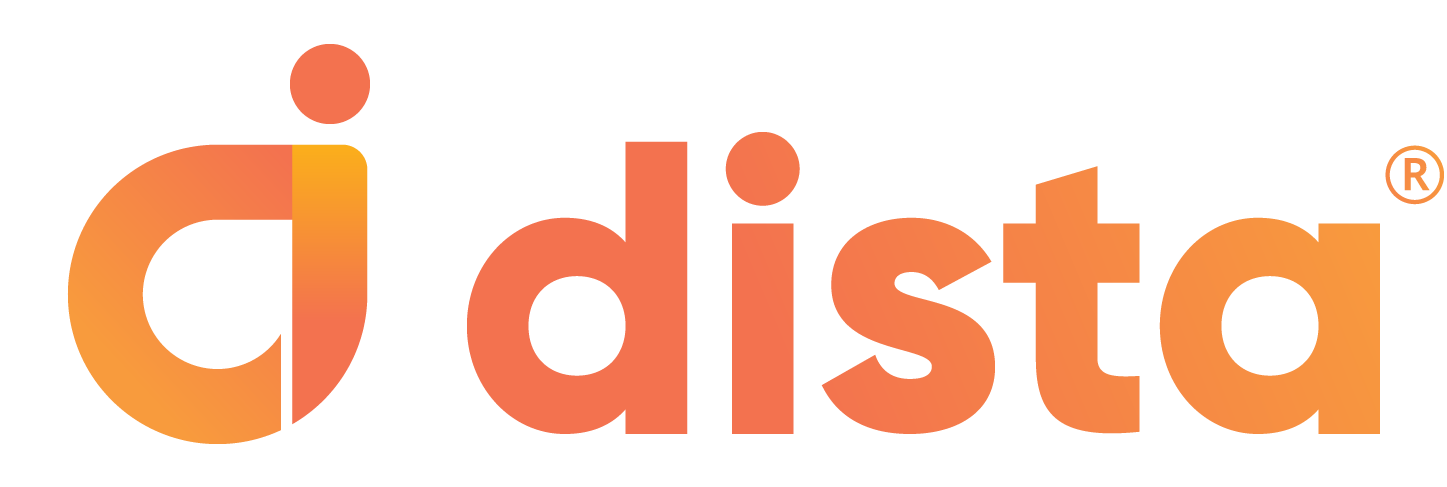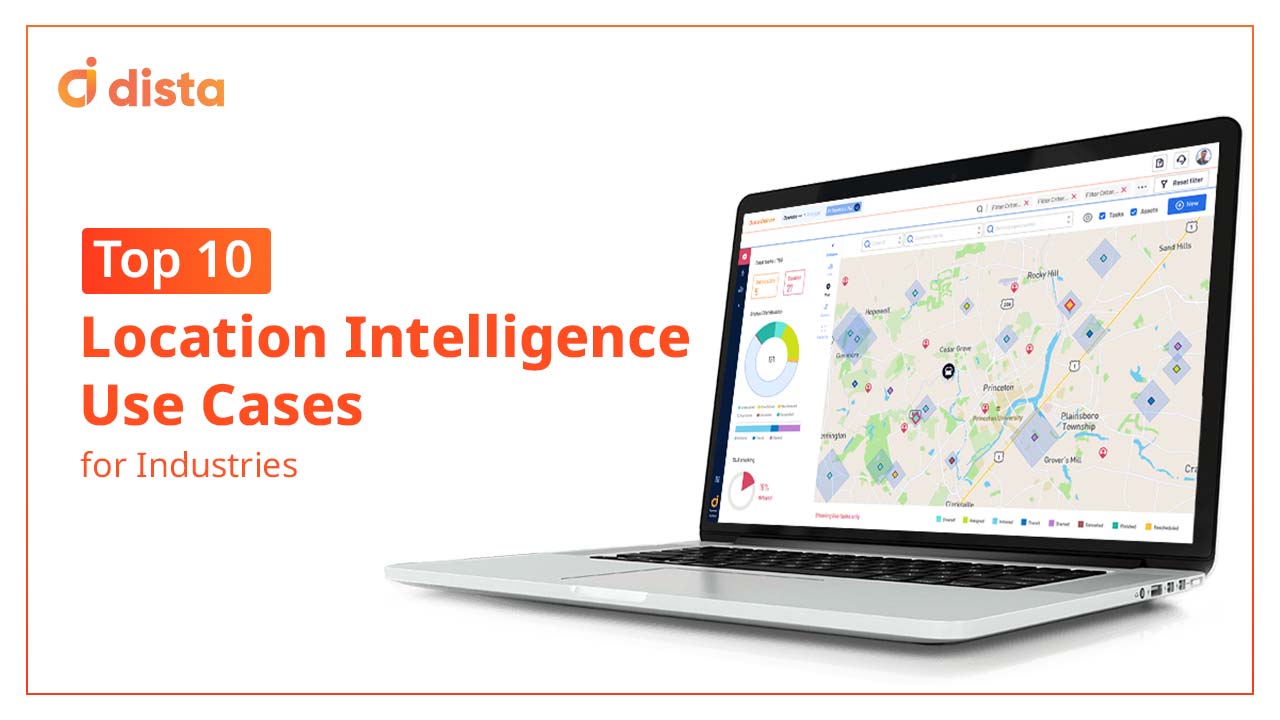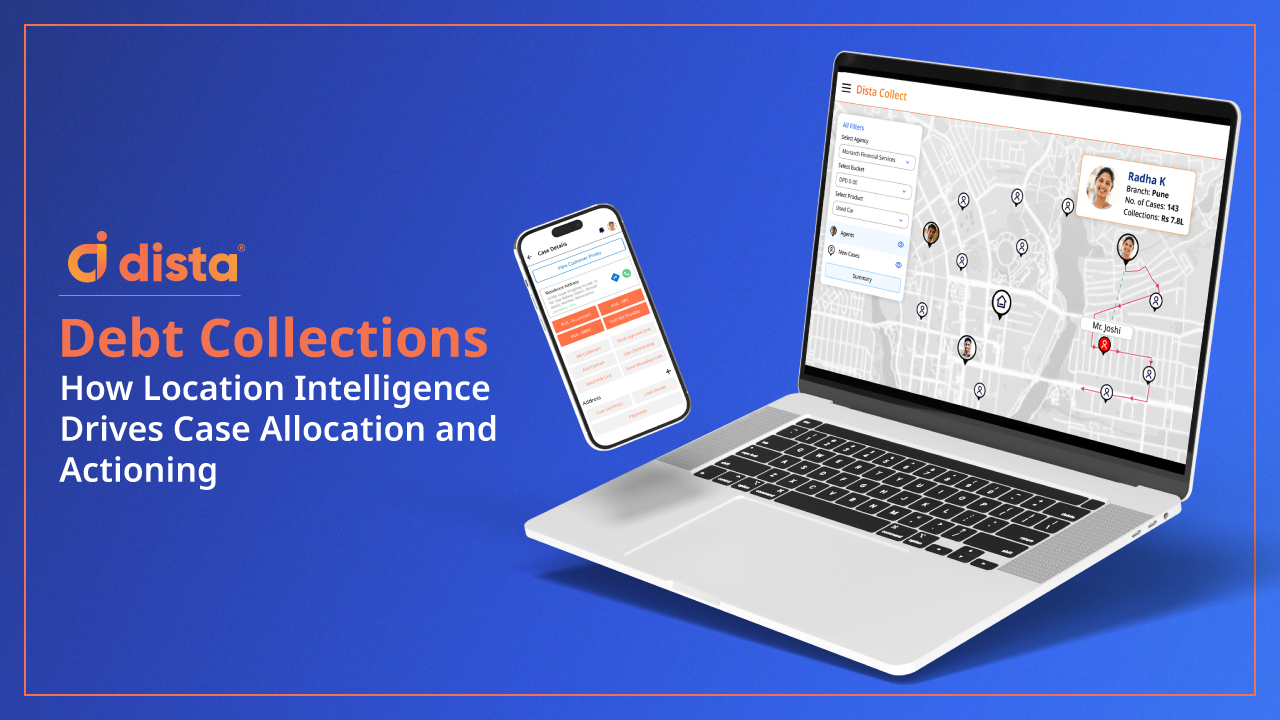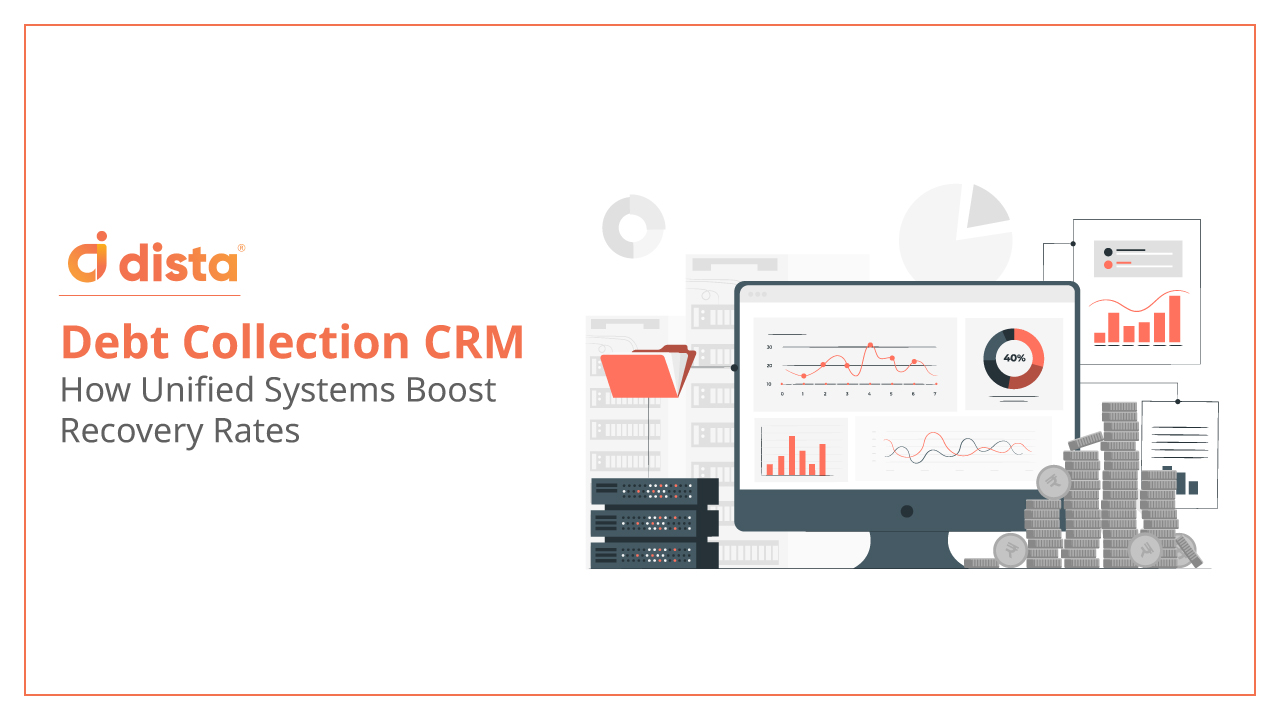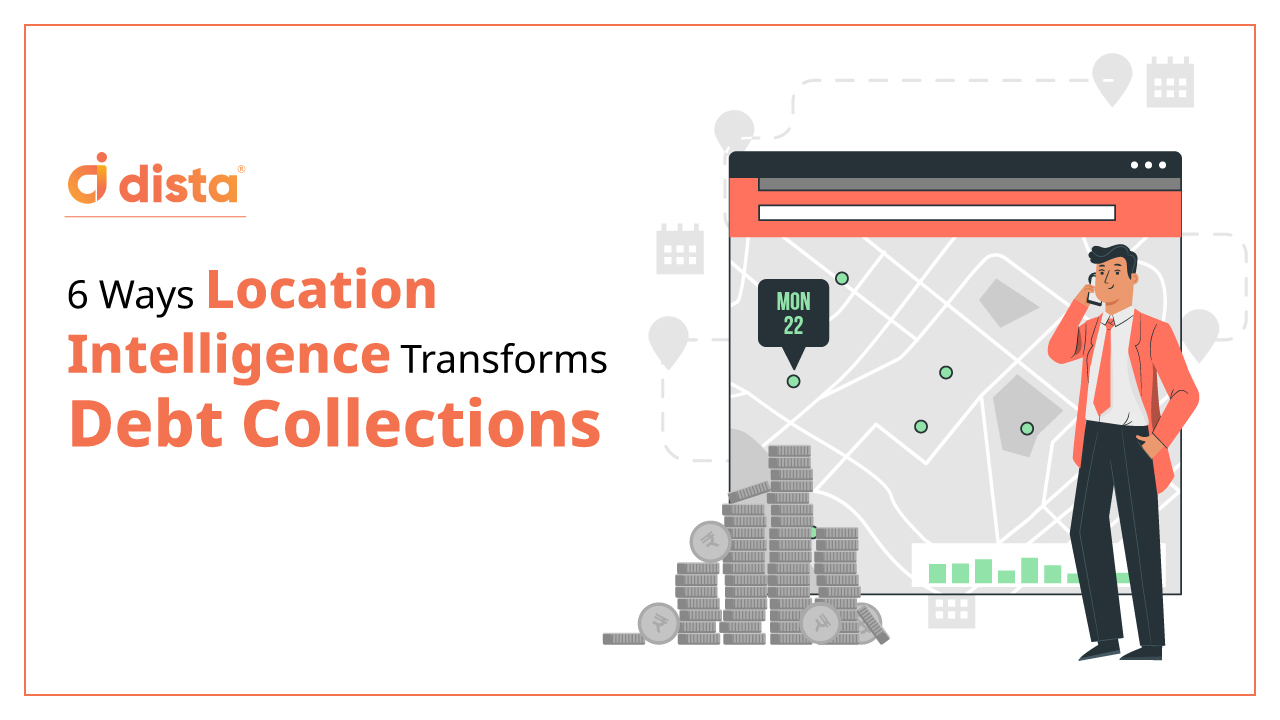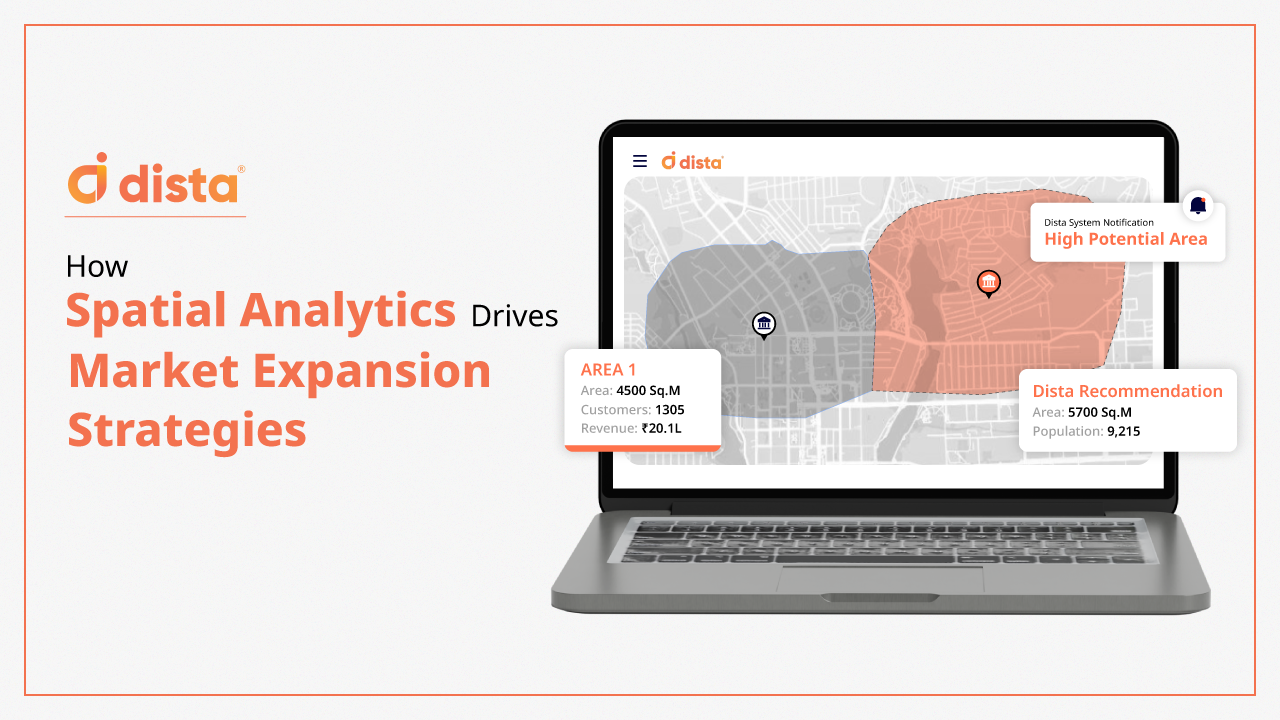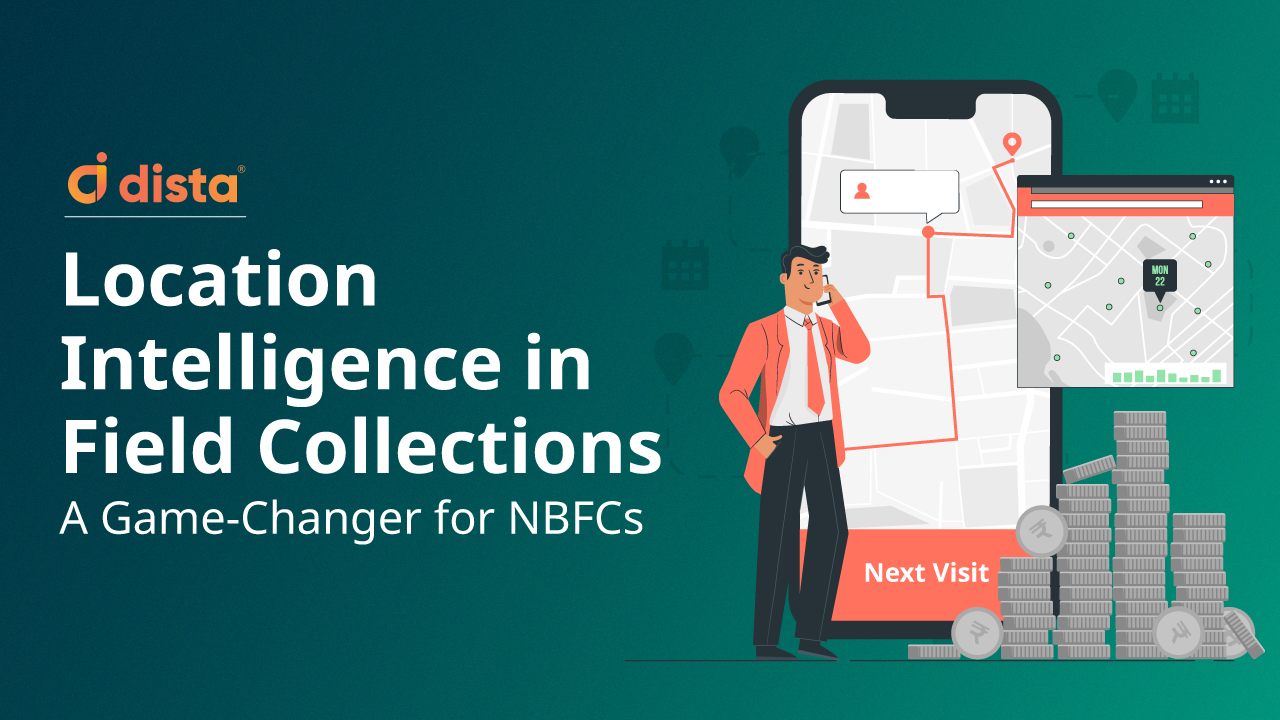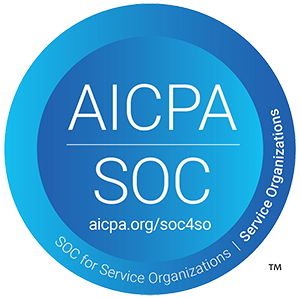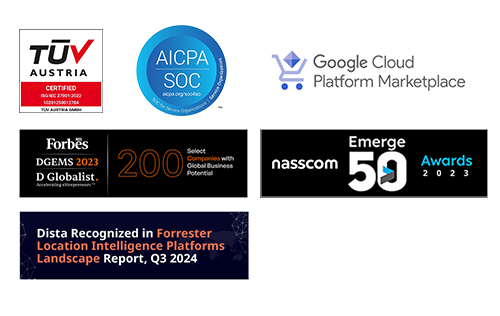Nearly 80% of data used for business analytics has a location component, as per a study. However, organizations across industries fail to utilize the power of location intelligence to overcome common challenges that affect business operations.
Location intelligence derives meaningful insights from spatial data like addresses, zip codes, latitude/longitude coordinates, points of interest (PoI), and any other physical location. Businesses can leverage spatial analytics to improve their decision-making and address a wide range of use cases across varied industries.
We have listed the top ten industries where geospatial analytics plays a critical role in enhancing operations and elevating customer experience.
Also Read: 7 Location Intelligence Trends for 2025
1. Banking and Finance
Location intelligence assists banks with hunting and farming accounts. Geospatial analytics software enables them to evaluate coverage gaps, identify new business opportunities, and expand customer reach. Banks can leverage spatial insights to analyze customer demographics, PoI, and other location data to qualify and segment leads in a region.
A comprehensive field sales management software leverages location intelligence at its core to provide catchment area analysis and micro-market mapping. It offers location-driven insights to find the right location to open a branch or ATM. Banks can then assign sales reps to target the right leads in the territory, improve engagement, and boost lead conversions.
2. CPG and Retail
Businesses can leverage spatial analysis to evaluate store expansion based on location data. Geospatial analytics software monitors customer footfall, product market demand, and sales data to uncover meaningful trends and patterns. Stores can leverage these insights to improve field sales reps’ distribution and balance workload to maximize retail outlet coverage. They can create a beat plan to optimize sales visits and enable route optimization to reduce reps’ travel time.
GIS software monitors a customer’s purchase history or proximity to retail outlets. Analyzing this data empowers business leaders to plan to target marketing and promotions. Marketers can send personalized messages to customers in proximity, notifying them of relevant products and services.
3. NBFC and MFI
By mapping geographic data, NBFCs and MFIs can target under-served regions to reach more customers. Location intelligence analyzes population density, local competitors, POI data, etc., to evaluate sites for branch network optimization.
With spatial intelligence, NBFCs can offer map-based visualization into delinquency for a particular region. Managers prioritize debt collection efforts based on proximity and accessibility for optimizing collection and recovery processes.
Geospatial insights empower collection officers to improve their response time for doorstep banking services. Organizations leverage spatial data to enable dynamic scheduling, create beat plans, and provide route optimization. Agents can reach the customer on time to facilitate seamless account opening and microloan disbursals.
4. Logistics
Analyzing spatial data provides key insights into territory-wise demands and improves coverage. Businesses can boost delivery volumes, lower transportation costs, and enhance visibility into the logistics lifecycle. Delivery managers can also leverage spatial insights to create beat plans and optimize routes for efficient dispatch and fleet management.
Location intelligence helps businesses better visualize assets, improve scheduling, and design high-performing supply chains. They can handle larger delivery volumes and club shipments to optimize fleet utilization and avoid under/over-utilizing delivery vehicles to boost turnaround time (TAT) and improve delivery efficiency.
5. Pharma
Analyzing location data helps plot competitors and customers on a map to evaluate underserved areas. The actionable insights help expand sales territories and relocate sites to improve sales coverage.
Pharmaceutical companies can apply location intelligence to design efficient beat plans and maximize medical reps (MR) sales area coverage. It helps boost sales visits, increase MR productivity, and supercharge sales conversions. Route optimization reduces the travel time for field agents providing doorstep services like pathology sample collection or home delivery of medicines.
6. Food and Beverage
Restaurants can leverage spatial insights to optimize delivery orchestration, handle large order volumes, and meet SLAs to boost customer satisfaction. A robust delivery management software analyzes spatial data for trade zone management, site selection recommendations, and map-based visibility into serviceable areas.
Understanding the spatial distribution of demand reduces transportation costs and enables timely deliveries. This strengthens market expansion and improves delivery efficiency.
7. E-Commerce
Location intelligence improves visibility into customer locations, identifies delivery riders in proximity to customers, and optimizes routes to supercharge last-mile deliveries.
Companies can provide accurate delivery ETAs, flexible delivery options with dynamic slot management, and enable real-time order tracking for customers. An AI-powered delivery management software improves reverse logistics by providing key spatial insights to optimize customer returns.
8. Telecommunications
Location intelligence is integral to optimizing various aspects of telecommunications operations. Businesses can improve network planning and optimize services to enhance customer experience and ensure regulatory compliance.
Telecom providers can expand operations by analyzing geographic factors like population density, terrain, and urban development. Dynamic scheduling and intelligent beat plans empower technicians to complete more service calls and boost the first call resolution rate.
9. Insurance
Insurance companies can evaluate key geographic factors like proximity to coastlines, flood plains, regions prone to frequent natural disasters, crime rates, and historical weather patterns.
By leveraging location-driven insights, they determine suitable policy premiums and offer tailored products for the identified customer risk profiles. Location intelligence empowers insurers to evaluate risks and streamline the field claims process orchestration.
10. Manufacturing
Location intelligence helps determine the most efficient spaces for warehouses, distribution centers, and manufacturing plants. Businesses can make informed decisions to expand operations with intelligent site selection and analyze efficient infrastructure placement.
Final Thoughts
Spatial analysis will only become more necessary as businesses continue to focus on the rapid digitization and adoption of AI/ML technologies. Business leaders can leverage spatial insights to make data-driven decisions, optimize resource allocation, elevate customer experiences, and drive sustainable business expansion.
Are you also looking to leverage the power of geospatial insights? Dista’s AI-powered location intelligence platform provides key tools and insights to increase sales, enhance service efficiency, and supercharge deliveries.
Book a free demo today!
